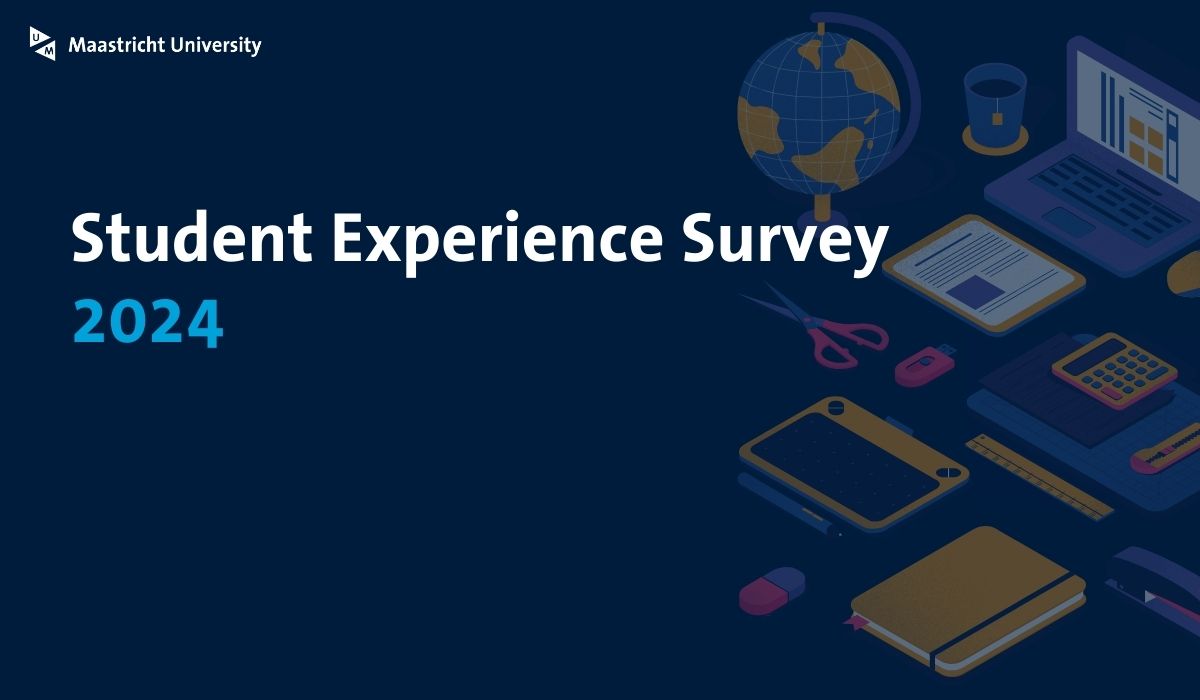Open Educational Resources (OER) are teaching, learning and research materials in any medium – digital or otherwise. The main requirement is that the material has been released with the Creative Commons License, which allows it to be appropriately used for educational purposes. Using your Open Access-publication in a course you teach is one example, but OER can be any type of educational material: their scale varies from something as small as a class handout or image to something as large as a textbook or online course.
A noteworthy finding was the strong preference for openly available educational materials, reflecting a collective belief that learning materials should be accessible and shareable. The students also expressed a high willingness to participate in (co)creating OER as part of their courses and to share the supplementary materials they have developed. Additionally, the survey highlighted considerable variations in how much students spend on learning materials, reinforcing the need for more affordable options.
The University Library is committed to promoting Open Science practices in education guided by UM’s Open Science policy. The survey’s insights have helped the Open Science in Education team to come up with a series of strategic initiatives to make Open Science practices an integral part of education at UM. Next to making educational materials FAIR (Findable, Accessible, Interoperable, and Reusable), the team is working on projects to introduce funding opportunities for co-creation of learning materials and introducing Open Science practices into educator training programmes.
Furthermore, the team is collaborating closely with the HR Leadership Academy to ensure that contributions to creating high-quality digital learning materials are recognised within the reward and recognition programme for educators, highlighting that efforts to make education more accessible are valued.
The survey emphasises the importance of reducing financial barriers and improving learning opportunities for all students. By promoting Open Science practices in education, the university can create a more equitable academic environment. For a quick summary of the survey findings, please refer to the SES 2024 brief. For a more comprehensive look, the full SES 2024 report is available to all and offers valuable insights.
For any questions about Open Science in Education or Open Educational Resources, please reach out to the Open Science in Education team via Ask Your Librarian.


0 Comments